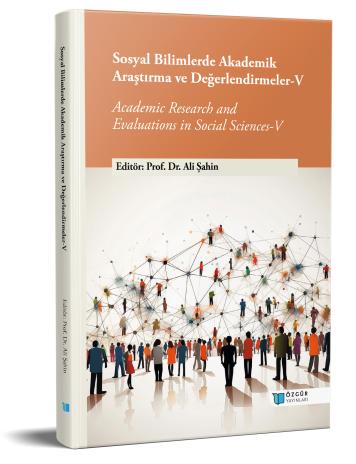
The Current Impact of Artificial Intelligence on Employment and the Role of Basic Income
Chapter from the book:
Şahin,
A.
(ed.)
2023.
Academic Research and Evaluations in Social Sciences - V.
Synopsis
As the debate on AI and universal basic income has become a major focus of attention, concerns about job losses and widening income gaps are intensifying as AI technology develops rapidly and is more likely to disrupt employment. Current debates suggest that AI and automation may unevenly affect labor markets and cause job losses across a range of skill levels. One of the leading solutions proposed to mitigate the negative employment consequences of AI and automation is the concept of universal basic income. This entails providing a consistent and unconditional amount of money to every adult, regardless of their earnings or wealth status.
Discussions around AI and basic income have focused on mitigating the potential negative impacts of technological progress on job cuts and income inequality. Solutions such as a universal basic income and earned income tax credits have been put forward as possible remedies. Meanwhile, the discourse on AI and basic income is complex, involving multiple parties offering different perspectives and solutions. It is argued that while AI and automation promise new digital economy jobs, significant job displacement remains a major concern.
While a small group of highly skilled workers stand out in terms of the benefits of AI, the potential for increased inequality as others are left behind are considered as the cons of AI on employment. While projections and studies for the coming decades show that robots may replace human workers in various economic sectors, there are just as many studies that show that it is too early to make definitive statements. As a precautionary measure, however, this anticipated change and widespread automation could lead to a challenging outlook in which the burden on these systems increases due to imbalances between possible increased welfare subsidies from governments and their financing. The present study recognizes universal basic income as a potential remedy, acknowledging its beneficial prospects. However, it also emphasizes the need for policies that prioritize education and employment initiatives, given the negative effects that a universal basic income could have.

